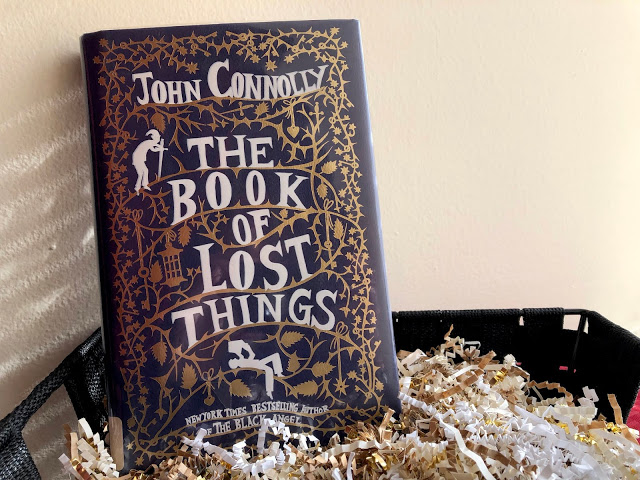

His notes include reproductions of the original folktales he used as source material – all fine and very interesting. But then I made the mistake of reading the author’s notes. When I came to the end of the story (350 pages – fine) I was debating between giving this book 3.5 or 4 stars. Sacrificing three or four fairy tales to give us some more complex characters or additional character development wouldn’t have gone amiss.Īnd finally. Unfortunately, in his desire to shoehorn in as many retellings as possible, Connolly produces a fragmented narrative which lacks drive in places. Some of the manipulations of traditional tales to reflect the main character’s psyche were excellent and even amusing (what he did with the seven dwarves made me laugh and bordered on the dizzying heights of being Pythonesque). Think Narnia written by the Brothers Grimm.


The idea of sending a 12-year old on a journey of self-discovery through a “story world” is a good one. The author has tried to adopt the highly-detached voice used in traditional fairy tales and uses it well to give economical descriptions and keep the action moving forward. The writing style is interesting and effective. Overall, this was ok and I think it would appeal to reader who enjoy dark (pitch-black in places) fantasy. While his family falls apart around him, David is violently propelled into a world that is a strange reflection of his own - populated by heroes and monsters and ruled by a faded king who keeps his secrets in a mysterious book, The Book of Lost Things.

Angry and alone, he takes refuge in his imagination and soon finds that reality and fantasy have begun to meld. But those books have begun to whisper to him in the darkness. The blurb: High in his attic bedroom, twelve-year-old David mourns the death of his mother, with only the books on his shelf for company. A string of fairy tale retellings strictly for grown-ups, The Book of Lost Things sounded wonderful, but was ultimately disappointing.


 0 kommentar(er)
0 kommentar(er)
